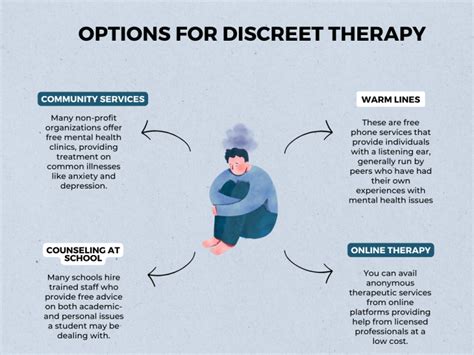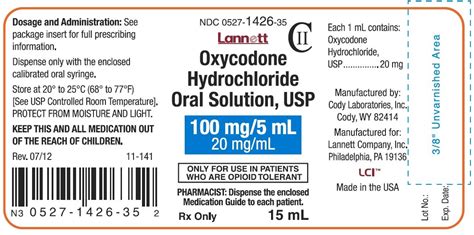How To Get A Therapist

Finding the right therapist can be a daunting task, especially for those who are new to therapy or unsure of where to start. With so many options available, it’s essential to approach the process with a clear understanding of what to look for and how to navigate the system. In this article, we’ll explore the steps to take when searching for a therapist, what to expect during the process, and how to ensure you find the right fit for your needs.
Understanding Your Needs
Before beginning your search, it’s crucial to understand what you’re looking for in a therapist. Consider the following factors:
- Specialization: Are you seeking help for a specific issue, such as anxiety, depression, or relationship problems? Look for therapists who specialize in your area of concern.
- Therapy style: Do you prefer a more directive or non-directive approach? Some therapists may focus on cognitive-behavioral techniques, while others may incorporate more holistic or humanistic methods.
- Personal characteristics: Consider the importance of factors like age, gender, cultural background, or personal experience. You may feel more comfortable with a therapist who shares similar characteristics or has experience working with individuals from your background.
- Logistics: Think about your schedule, location, and budget. Are you looking for in-person sessions or online therapy? Do you have specific time constraints or financial limitations?
Where to Find Therapists
There are several ways to find therapists, including:
- Ask for referrals: Friends, family members, or primary care physicians can provide recommendations based on their personal experiences or professional networks.
- Online directories: Utilize online directories like Psychology Today, GoodTherapy, or TherapyDen to search for therapists in your area. These platforms often include detailed profiles, specialties, and reviews.
- Insurance providers: Check with your insurance company to see if they have a list of in-network therapists. This can help narrow down your options and reduce out-of-pocket costs.
- Professional organizations: Look for therapists who are members of professional organizations like the American Psychological Association (APA) or the National Association of Social Workers (NASW).
- Online therapy platforms: Consider online therapy platforms like BetterHelp, Talkspace, or 7 Cups, which can provide convenient access to licensed therapists.
Evaluating Therapists
Once you’ve compiled a list of potential therapists, it’s essential to evaluate their qualifications, experience, and approach. Here are some factors to consider:
- Credentials: Verify the therapist’s licensure, education, and certifications. Ensure they are licensed to practice in your state or country.
- Experience: Look for therapists with experience working with clients who have concerns similar to yours.
- Therapy approach: Research the therapist’s approach and ensure it aligns with your needs and preferences.
- Reviews and testimonials: Read reviews from other clients to gain insight into the therapist’s style, effectiveness, and bedside manner.
- Initial consultation: Many therapists offer a free initial consultation or phone screening. Use this opportunity to ask questions, discuss your concerns, and get a sense of the therapist’s personality and approach.
What to Expect During the First Session
The first session with a therapist is often referred to as an “intake session” or “initial consultation.” During this meeting, you can expect to:
- Discuss your concerns: Share your reasons for seeking therapy, including any specific issues or challenges you’re facing.
- Complete paperwork: You’ll likely be asked to fill out intake forms, which may include questions about your medical history, mental health, and personal background.
- Establish boundaries: Discuss confidentiality, session structure, and expectations for the therapeutic relationship.
- Get a sense of the therapist’s style: Pay attention to the therapist’s demeanor, communication style, and approach to understanding your concerns.
Ensuring a Good Fit
Finding the right therapist is a personal and subjective process. It’s essential to trust your instincts and prioritize your comfort level. If you feel unsure or uncomfortable during the initial session, it may be necessary to explore other options. Remember, you’re investing time, effort, and resources into your mental health, and it’s crucial to find a therapist who is a good fit for your unique needs and preferences.
FAQ Section
What is the difference between a psychologist and a therapist?
+A psychologist typically holds a doctoral degree (Ph.D. or Psy.D.) and may specialize in research, assessment, or treatment. A therapist, on the other hand, may hold a master's or doctoral degree and often focuses on providing talk therapy or counseling services.
How long does therapy typically last?
+The length of therapy varies depending on individual circumstances. Some people may attend therapy for a few sessions to address a specific issue, while others may engage in long-term therapy to work through more complex concerns.
Is online therapy effective?
+Yes, online therapy can be an effective and convenient option for many individuals. Research has shown that online therapy can be just as effective as in-person therapy for addressing various mental health concerns.
How much does therapy cost?
+The cost of therapy varies depending on factors like location, therapist experience, and insurance coverage. On average, therapy sessions can range from $60 to $250 per hour, although some therapists may offer sliding-scale fees or package deals.
What if I don't click with my therapist?
+If you don't feel a connection with your therapist, it's okay to explore other options. You may want to discuss your concerns with your current therapist or seek a referral to someone who might be a better fit.
Conclusion
Finding the right therapist is a personal and ongoing process. By understanding your needs, evaluating potential therapists, and prioritizing your comfort level, you can increase your chances of finding a therapist who is a good fit for your unique circumstances. Remember, therapy is a collaborative process, and it’s essential to be patient, open-minded, and committed to your mental health journey. With the right therapist by your side, you can work towards achieving your goals, overcoming challenges, and cultivating a more fulfilling life.



